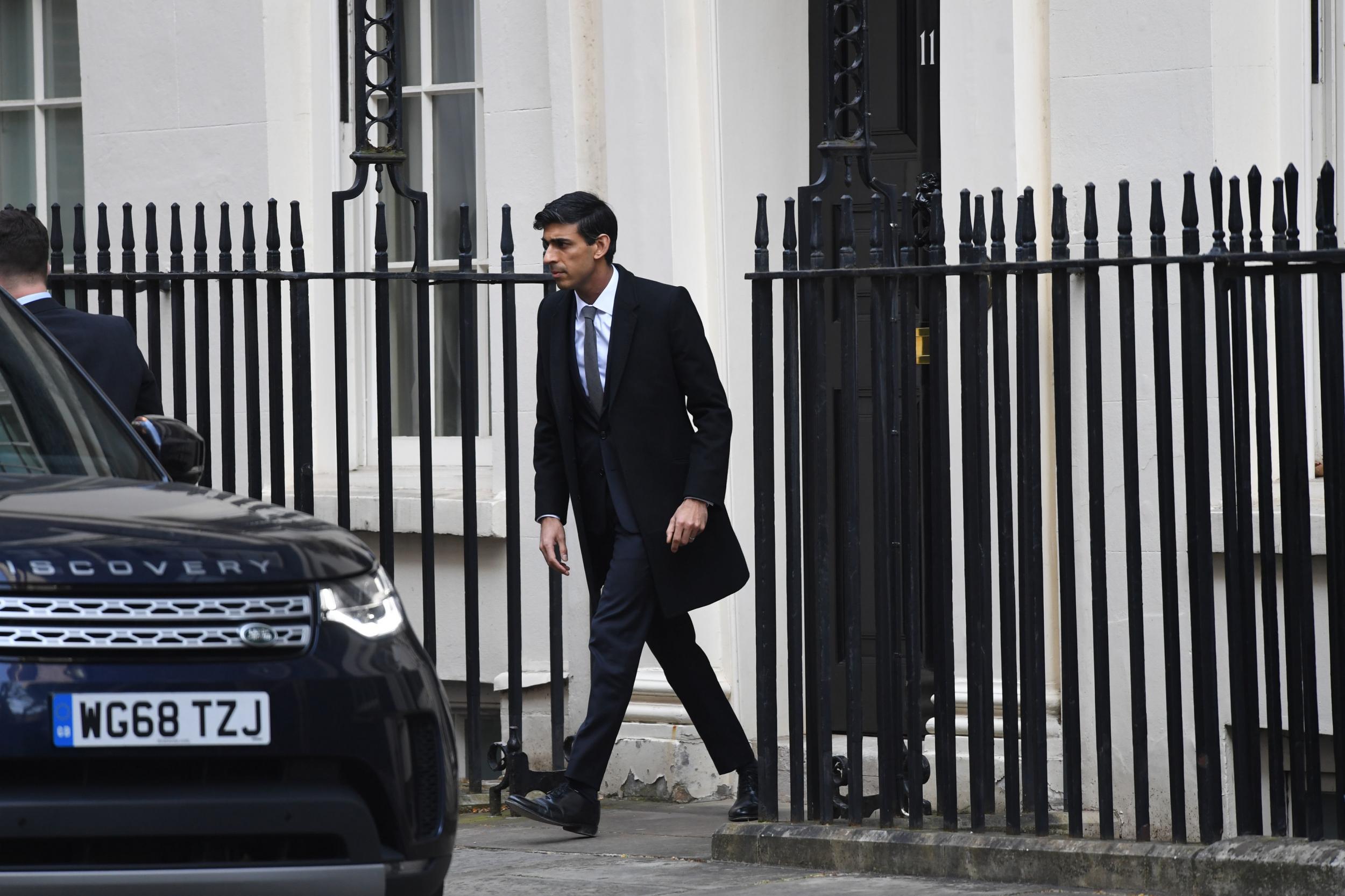Rishi Sunak finally announces bailout scheme for the self-employed, but will it really deliver them security?
The government has, rightly, come a long way in a short time in the great Covid-19 workers’ bailout – and don't bet on this being the end of the journey

On the face of it, the self-employed are getting parity with employees in the great Covid-19 bailout.
Government funding of 80 per cent of their income, backdated to the beginning of March, and a £2,500-per-month cap in a scheme lasting for at least three months.
There will be no cap on the total support to be provided, meaning the cost will likely run into the billions of pounds.
So far, so similar to what the chancellor announced for employees last week. But those are the headlines; the difference lies in the details.
Employees (and employers) will have to wait until the end of April to get their money. For the self-employed, there’s no prospect of the cash coming in until “the beginning of June”.
That’s a yawning gap of time for someone to go without income.
Why the longer wait? Because the Treasury will have to establish an entirely new scheme to process claims from the self-employed.
Officials will have to look at three years of declared self-employment tax returns so they can decide what the appropriate replacement income is for that worker, based on their average earnings.
What of those who have only filed returns for one year or two? Officials will, apparently, use their discretion to decide on the right amount of compensation.
And those who haven’t yet filed any tax returns at all?
The chancellor made it clear they will, unfortunately, have to fall back on the welfare system, albeit one that has been made more generous in recent weeks. For some, that will mean a serious drop in income.
And those self-employed who need cash now? They can try to access small-business loans. Or, again, there’s the unemployment benefits system safety net.
That said, this represents a substantial support package for the one million or so self-employed workers likely to be hit especially hard by the economic lockdown.
In some respects it’s more generous than the employee scheme because those self-employed who don’t actually see their incomes fall in this crisis will still be eligible for the payments.
That’s an inefficiency the Treasury has clearly decided to swallow. And they’ve swallowed a lot of late.
It seems that Rishi Sunak wasn’t planning to do anything initially for the self-employed beyond boosting the benefits system.
This was never tenable given the fact that this group of workers has grown so rapidly as a share of the workforce in recent years and that they are, on average, less well off than employees.
In the past, many would actually have been regular employees but for the perverse incentives of the tax system and cost-cutting employers.
Government support for low and middle-income employees but not the low and middle-income self-employed would have been manifestly unjust.
The government has – rightly – come a long way in a short time on this.
However, with joblessness already rising fast and businesses struggling with the support schemes already set up, it would be rash to bet against ministers having to go further still in the coming weeks of this crisis.
Join our commenting forum
Join thought-provoking conversations, follow other Independent readers and see their replies
Comments
Bookmark popover
Removed from bookmarks